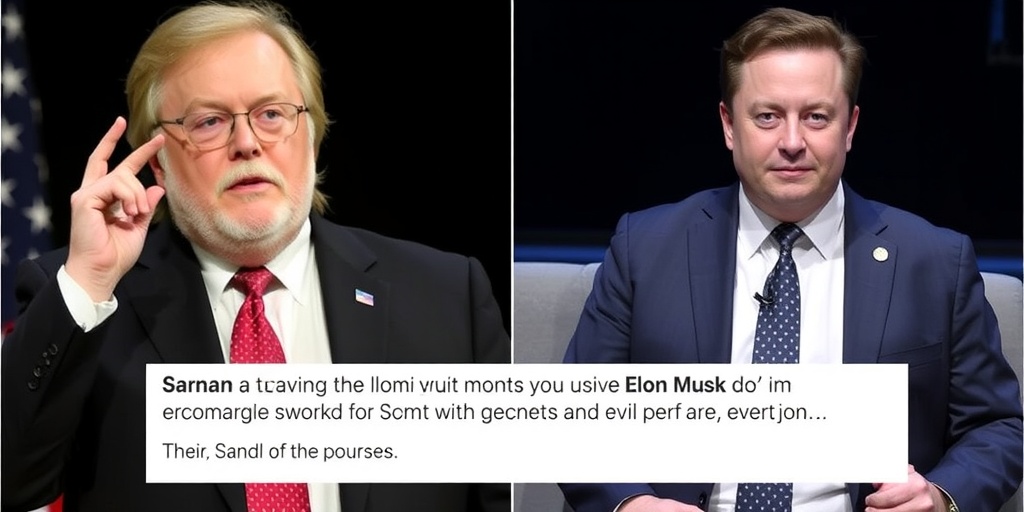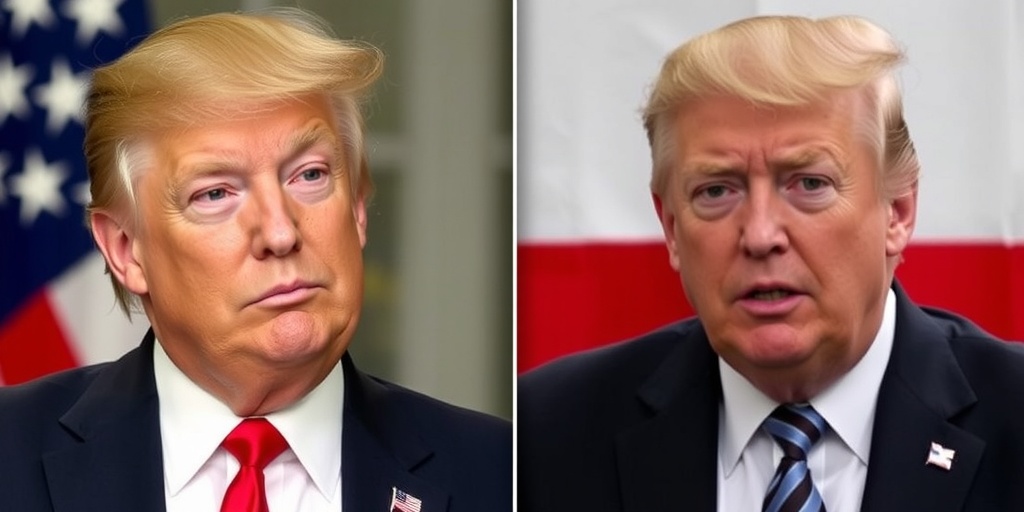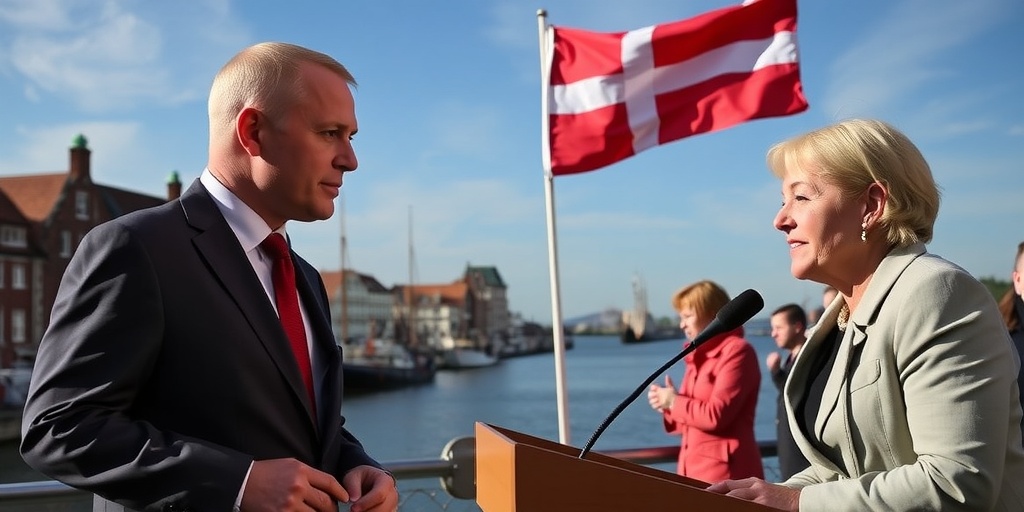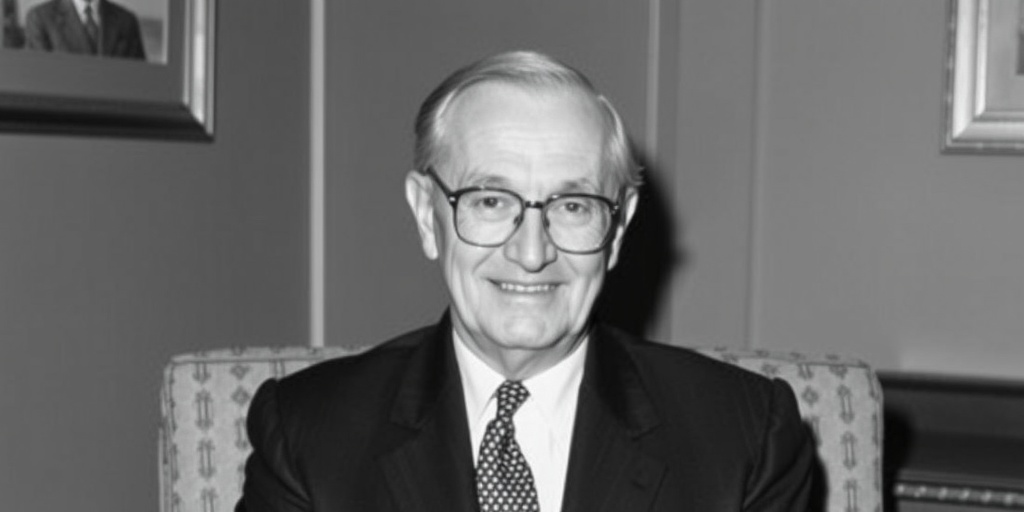Now Reading: Dr. Oz: How His Wealth Intersects with Medicare
-
01
Dr. Oz: How His Wealth Intersects with Medicare
Dr. Oz: How His Wealth Intersects with Medicare
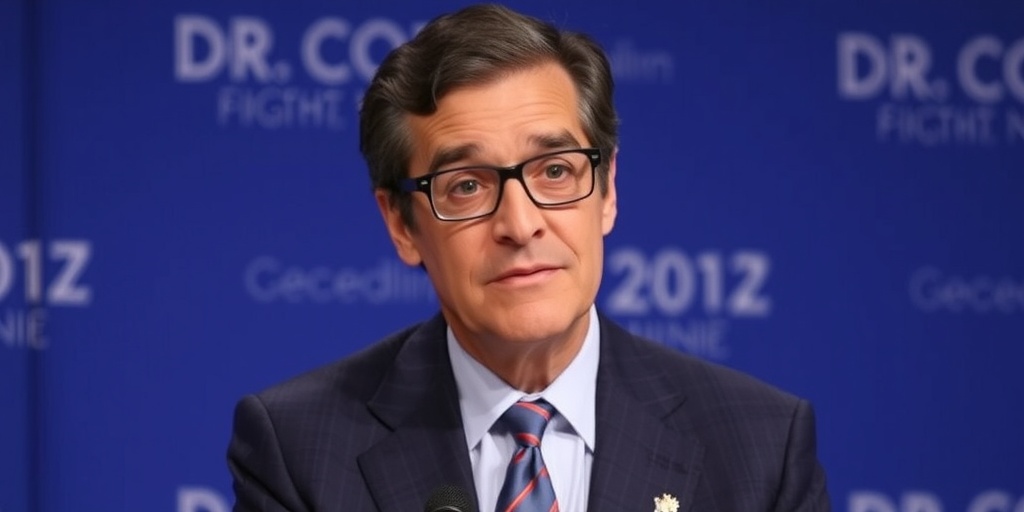
Dr. Mehmet Oz’s Controversial Path to Regulating Medicare and Medicaid
Dr. Mehmet Oz, a well-known television personality and physician, has gained notoriety as a staunch advocate for Medicare Advantage, a private insurance plan for older Americans. Nominated by President Trump to oversee Medicare and Medicaid, Oz’s extensive financial ties to the healthcare industry are under scrutiny, raising concerns about potential conflicts of interest.
In episodes of his daytime show, Dr. Oz enthusiastically promoted Medicare Advantage plans without disclosing that he profited from promoting these services. According to the New York Times, Oz had a partnership with TZ Insurance Solutions, the company that operates a call center linked to Medicare Advantage. His role as a licensed broker for TZ Insurance across nearly all states allowed him to sell these plans directly to viewers, further blurring the lines between his medical expertise and personal financial gain.
Despite being a familiar face on American television, details about Oz’s financial ventures have remained largely opaque. Estimates of his wealth range from $90 million to $335 million, stemming from various business interests, including dietary supplements and healthcare-related businesses. His financial history has raised alarms about the integrity and independence he could bring to the Centers for Medicare and Medicaid Services.
In a recent ethics filing, Dr. Oz pledged to divest from over 70 companies to mitigate conflicts of interest if confirmed for the position. Among his holdings were significant stakes in companies like UnitedHealth Group, the nation’s largest private Medicare provider, and iHerb, an online health product marketplace where he was also engaged as an adviser. His investments in such companies suggest a deep entanglement with interests that he may oversee, calling his objectivity into question.
Ethics experts have pointed out that the complexity of his financial relationships may create an "appearance of disclosure without actual transparency." Kathleen Clark, a law professor specializing in government ethics, noted a lack of clarity in Oz’s disclosures regarding his financial interests, questioning how they would affect his decision-making in a governmental role.
Critics have raised concerns about Dr. Oz’s promotional practices. His television show has routinely featured dietary supplements and health products, often without clearly disclosing financial interests. This practice was highlighted during a 2014 Senate hearing where he was reprimanded for endorsing unproven weight-loss products. The panel asserted that his recommendations were not supported by scientific evidence, prompting Oz to admit that his claims often lacked scientific validation.
During the Covid-19 pandemic, Dr. Oz continued to face scrutiny for advocating controversial treatments. He publicly supported the use of hydroxychloroquine and chloroquine, which were later debunked as ineffective against Covid. His comments during this period advised against conventional treatments, portraying himself as prioritizing patient care over established medical consensus.
With a potential Senate confirmation on the horizon, concerns about the extent of his financial dealings persist. If confirmed, Dr. Oz’s role would involve overseeing $1.5 trillion in Medicare and Medicaid spending, a responsibility that would put him in a position to influence policies affecting private Medicare plans, which receive around $500 billion annually in government funding.
Research indicates that Medicare Advantage plans have faced scrutiny for practices including overbilling and unjustified payment denials to patients. Oz’s advocacy for these plans has led lawmakers to question how well he can balance his financial interests with the needs of the millions who rely on Medicare and Medicaid services.
In a complex web of financial interests, Dr. Oz continues to cultivate his television persona while managing significant investments in health-related companies, including dietary supplement firms. Despite claims of transparency, experts argue that his extensive connections create inherent conflicts that undermine his potential role as a neutral regulator.
Dr. Oz’s financial ties extend beyond his personal investments; his family also shares connections to the healthcare industry. His mother, who suffers from Alzheimer’s, has been featured in his promotional efforts for iHerb, with Oz claiming that the supplements he provided had beneficial effects on her condition.
As the Senate Finance Committee prepares to schedule a confirmation hearing for Dr. Oz, the potential implications of his past business dealings and current financial interests loom large. With the authority to shape policies affecting healthcare for millions of Americans, the question arises: can Dr. Oz effectively navigate the intersection of his financial interests and the ethical responsibilities of public service? The answer remains uncertain as scrutiny of his past actions and financial entanglements continues to grow.
Stay Informed With the Latest & Most Important News
Previous Post
Next Post
-
 01New technology breakthrough has everyone talking right now
01New technology breakthrough has everyone talking right now -
 02Unbelievable life hack everyone needs to try today
02Unbelievable life hack everyone needs to try today -
 03Fascinating discovery found buried deep beneath the ocean
03Fascinating discovery found buried deep beneath the ocean -
 04Man invents genius device that solves everyday problems
04Man invents genius device that solves everyday problems -
 05Shocking discovery that changes what we know forever
05Shocking discovery that changes what we know forever -
 06Internet goes wild over celebrity’s unexpected fashion choice
06Internet goes wild over celebrity’s unexpected fashion choice -
 07Rare animal sighting stuns scientists and wildlife lovers
07Rare animal sighting stuns scientists and wildlife lovers













